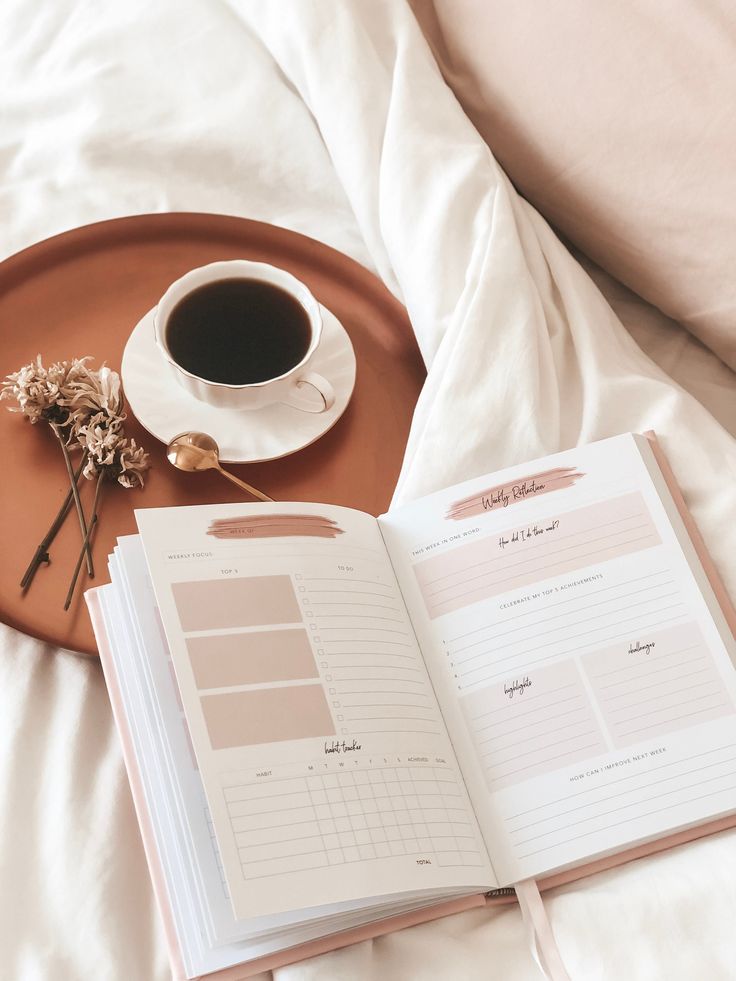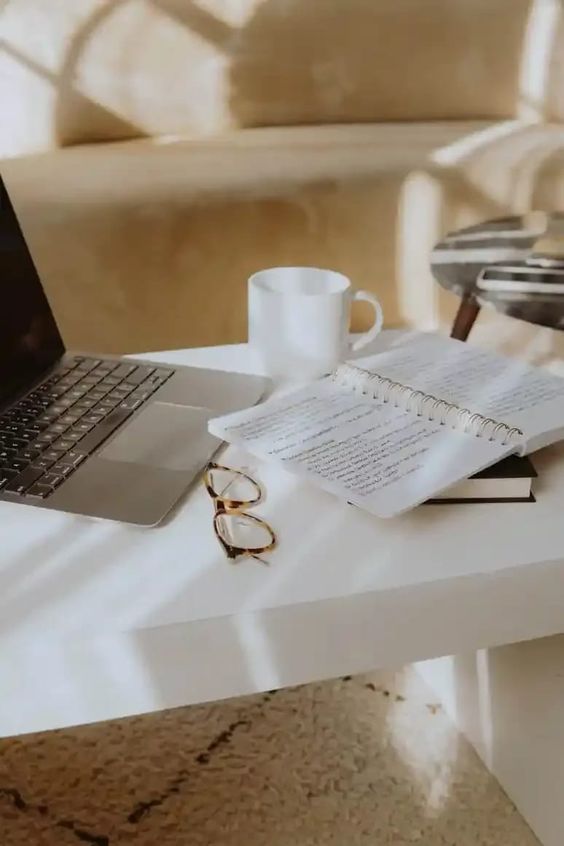

Are we over-stimulated? Methods to help deal with an over-stimulated mind!
I remember the exact moment when I had this realisation that this ‘over-stimulation’ was most definitely a real thing.
On this morning, I was sitting in on an online course which I had to attend through a funding program for Semester. Whilst trying to focus on this I was also trying to appear to be listening in on with a full team meeting with my full time employment, trying to pick up small bits of information so it didn’t appear that I was not at all engaged (I wasn’t … as my passion is my business!)
I had two laptops on the go either side each other. Whilst this was ongoing, I was also responding to emails on my personal phone. My work phone was buzzing on occasions also fighting for my attention and I chose to respond to these to. In addition to this the post man then knocked with the 100th Asos delivery that week for my partner, sending the dog into a barking frenzy whilst sending my brain into overdrive.

I remember sitting there quite literally feeling the levels of overwhelm and stress in my body. I knew from a personal perspective this was far too much… although it does not take a genius to work this out!
Being involved in Personal Growth I am often looking for ‘productivity hacks’, time-management techniques, and other tools to manage our day when it comes to focusing on my goals. Within the Semester Student Planner, our specially formulated #growth hacks all come from hours upon hours of research which we do.
In the past, I have applied some great techniques which have worked. I have techniques I use daily. However, it is safe to say that this day I got it horrendously wrong, and I knew it. This caused me to do some further digging.
The term I have seen this over-stimulation referred to as is ‘sensory overload.’ Overstimulation can come from a variety of sources i.e., excessive noise, multi-tasking, cluttered surroundings and more. In this instance there was to much going on for my brain to manage.
I talk about this in relation to myself, however, for a lot of people the day-to-day demands of life can cause this. Parenthood, holding down a job, being a great partner and more. Modern day life can be stressful no doubt.
We are former students, and we know the challenges of trying to manage being a student… hit deadlines, make sure we are not unsocial, hold a job and remain sane.
I have heard the term ‘weapons of mass distraction’ and it is this idea that there is so much is fighting for our attention these days. In this case, my phone was proving to be the case here. I could have kept this out the room. I was aware of this. This was then followed by the postman. There are distractions everywhere.
The purpose of this chapter is to highlight that overstimulation is a real thing and it really can negatively affect our wellbeing. This day through my own choices, I could not manage at all.
Evidence is increasingly showing that overstimulation is a major factor leading to anxiety and depression. Therefore, I had to do some digging on how we can avoid this.

So, in looking at ways to manage this, the first thing I wanted to talk about are some of the techniques I have used in the past to manage these feelings of overwhelm and stress.
I for one am someone who chases a lot of goals, clearly has a lot going on and I need to find ways to manage it.
I find one of the ways in which I can reduce these feelings of overwhelm and stress is to have a ‘reset’ or what I call a ‘tidy up.’
I will often rewrite my goals and I rewrite my priorities. This for me allows me to refocus my attention to what is important. I look at my goals and I look at the tasks which are most relevant to them, disregarding the not too important. This is where our daily ‘focused few’ within the Semester Student Planner also comes in handy.
Sometimes we are also guilty of creating ‘to-dos’ longer than our arms and this can lead to such feelings. Taking a step back allows us to see things more clearly. Disregard those things less relevant.
Other techniques include ‘brain dumping’ or getting everything out on paper. Get it all out so that you can visually assess what is causing you stress.
An obvious way to deal with overstimulation is to take breaks from those very things causing these feelings. Take a break. Find some places of quiet and solitude and give yourself time to remove yourself from over-stimulating environments.
Limiting distraction is another obvious example. The above clearly demonstrates examples of too many distractions in my life and this leads to this overstimulation.
Distractions are also a productivity killer. This day discussed above I was not fully present in anything I was doing as I was trying to do everything. I was not practicing what I preach.
When it comes to writing if I have my phone on the table my attention is distracted. I need to remove it. You could experience the same problem in your studies. My advice to you is to try removing the distraction completely.
‘Time Blocking’ is also great technique to minimise trying to everything at once or multi-tasking. It includes allocating blocks of time to specific tasks. Applying all your focus to this given time. This is a #growth hack included within our Semester Student Planner in more detail.
In the case of the above. Distractions were affecting my wellbeing. We must manage it.
I also wanted to talk briefly about ‘decluttering.’ Decluttering your working space is one example of where you can help avoid this over stimulation. ‘Tidy space, tidy mind’ comes to attention. I often like to tidy up my working space… and yes it leads to more productive work. This is another one of the Semester Student Planner #Growth Hacks. Try tidying up your study space.
Relaying this back to ways in which you might declutter your daily life. Remove apps from your phone which may be over-stimulating you or leading to distraction. See how this serves you. Again, keep your phone out the way whilst studying.
Overstimulation is a real thing and if you do not learn to manage it, it will affect your wellbeing. Don’t do a me, do not try and spin far too many plates and get clear on what is important! Allow your brain chance to breath! Chance to unwind and rest. I need to hear this all to often myself. However, when you do, it will help to give you a greater sense of calm. I can speak of experience on this. This will only benefit you and your studies.
Part of the reason we have created the Semester Student Planner is to help get our things more in order and to help avoid such feelings. However, like with everything in Personal Growth, we often need reminding from time to time.
Share this post
Related Post


Harnessing the Power of Planning: A Strategic Tool for Overcoming ADHD Challenges in Study
In recent years, Attention Deficit Hyperactivity Disorder (ADHD) diagnoses have seen a significant uptick across the globe, with the UK

Navigating the Winter Academic Chill: Strategies for Student Success
As winter blankets the world in a chilly embrace, students find themselves facing a unique set of challenges. The final

Time Management Tips for Students: A Successful Year Ahead
Introduction: Time management is a critical skill for students to master. Effective time management can make the difference between a




1 thought on “GROWTH HACK – Are you overstimulated?”
Bravo, excellent idea and is duly